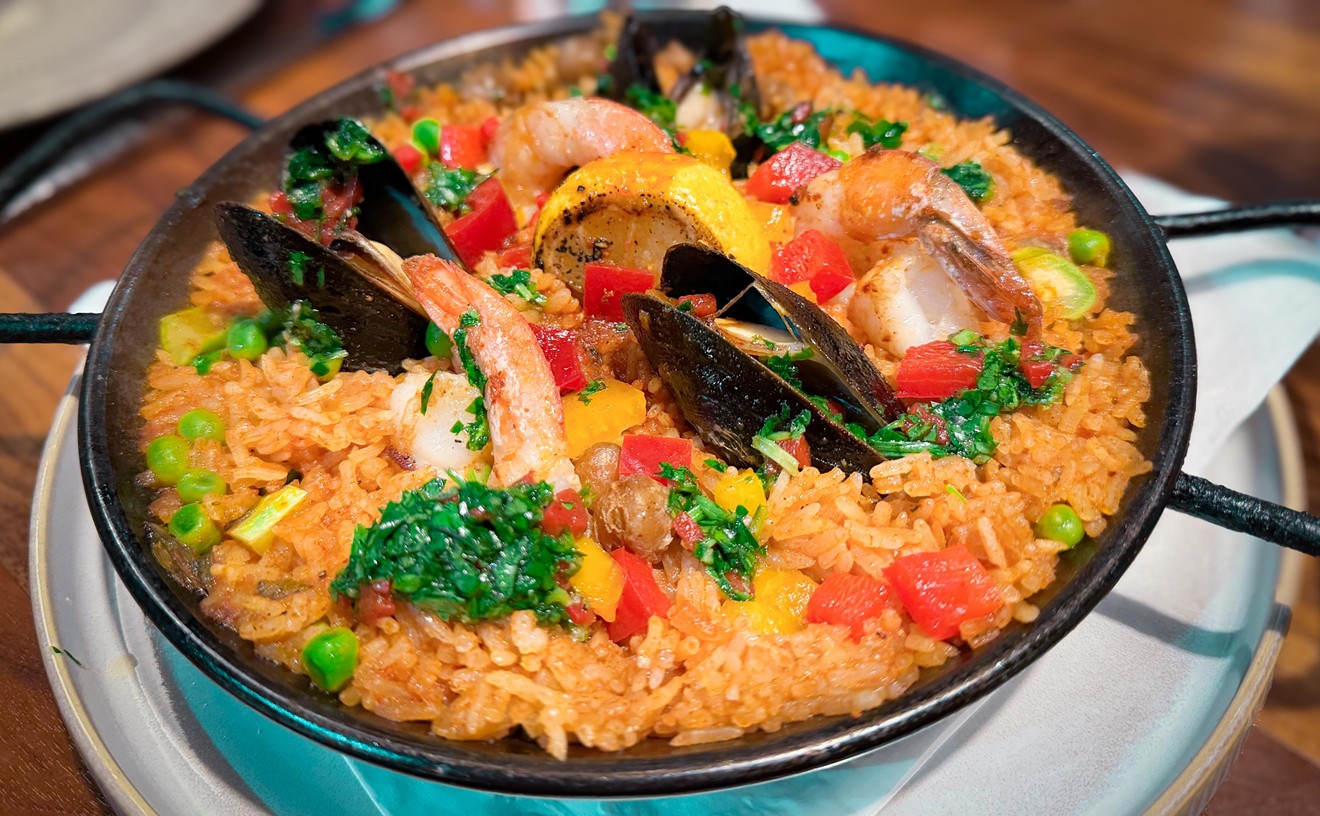Ms. Magazine took on food politics this month, arguing in a cover story that women aren't getting enough credit for their contributions to the changing culinary landscape.
Author Jennifer Cognard-Black fingers a "fantastic foodie four," an all-white, all-male group of food thinkers she claims are "eclipsing the many women in the movement." According to Cognard-Black, Jamie Oliver, Eric Schlosser, Michael Pollan and Morgan Spurlock are gathering laurels while female farmers are tilling soil, and "changing the way food is produced, prepared and consumed."
I'm not sure the public face of sustainable agriculture is quite as patriarchal as Cognard-Black claims; Alice Waters, Michelle Obama, Mollie Katzen and Marian Nestle -- all of whom score mentions in the story -- have had tremendous influence on how Americans think about food. And they're hardly the first women to have a say in culinary matters: It's almost impossible to make or order a meal that isn't somehow indebted to Irma Rombauer, M.F.K Fisher, Julia Child, Clementine Paddleford, Diana Kennedy, Madhur Jaffrey or Ruth Reichl, among other outsized kitchen giants.
So the high-profile women are doing relatively all right. But what of the women who farm rather than write cookbooks or restaurant reviews? Cognard-Black argues they too aren't getting the recognition they deserve for planting, which she identifies as an inherently feminist act that enriches one's community while enhancing autonomy and self-sufficiency.
Peggy Orenstein recently followed a similar logic in her New York Times Magazine story "The Femivore's Dilemma," in which she praised organic gardening and chicken-keeping as "a way for women to embrace homemaking without becoming Betty Draper."
It must be an appealing notion: According to Cognard-Black, the number of women farming has shot up 19 percent over the past decade. That's apparent to anyone who shops at a farmers market, where women are almost always selling vegetables and goat cheese. While I don't doubt those women face the same sexism all working women confront -- the article cites the story of a female market vendor who was asked repeatedly "you grew this all by yourself?" -- I think Cognard-Black's frustrations are again misplaced.
While I support women tending bee hives and raising lambs, those are marginal activities -- albeit ones that likely appeal to Ms. Magazine readers. The disparity we most need to address doesn't occur in pesticide-free fields and at tailgate markets: It's found in restaurant kitchens, where female chefs make 24 percent less than their male counterparts. It's thriving in our nation's distilleries and breweries, almost all of which are headed by men. And, most disturbingly, it's plaguing critical areas of food policy.
Women are badly underrepresented in agribusiness and on food industry councils. I counted up the number of women who serve as secretaries for a state department of agriculture and found five, clustered around the west coast. Unless you live in Alaska, Hawaii, Oregon, Idaho or New Hampshire, the most important voice in food legislation belongs to a man. While I'm sure the vast majority of these men are talented and thoughtful, the imbalance remains problematic. If women are serious about "changing the way food is produced, prepared and consumed," we need to shift our attentions from the farm to the table around which real decisions are made.










